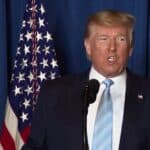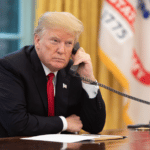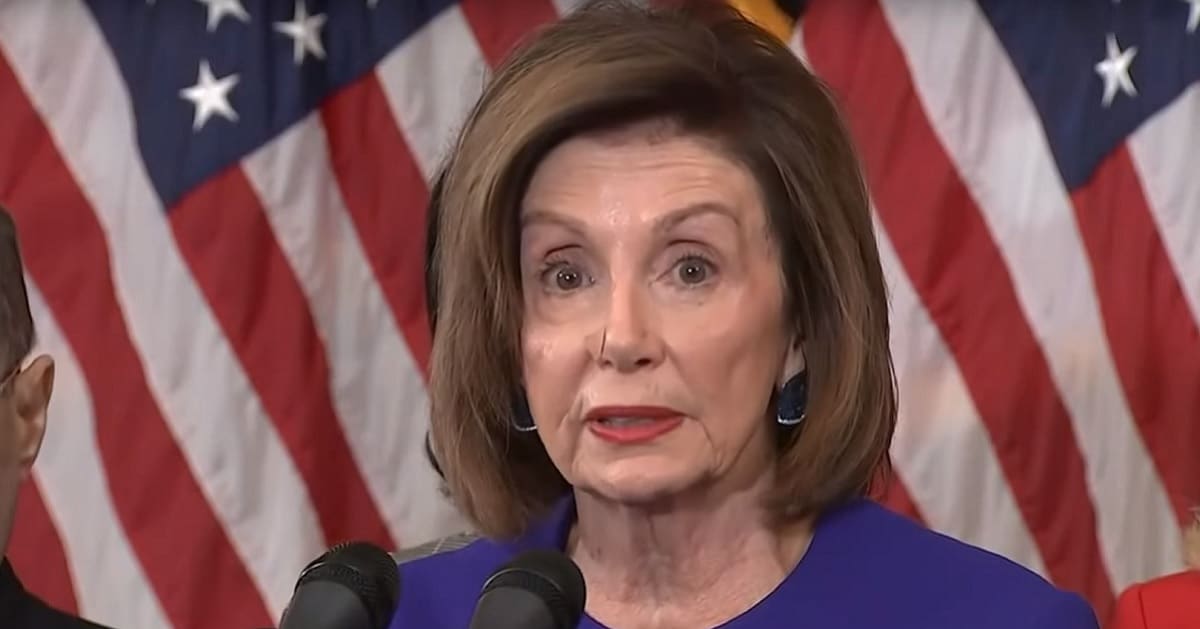

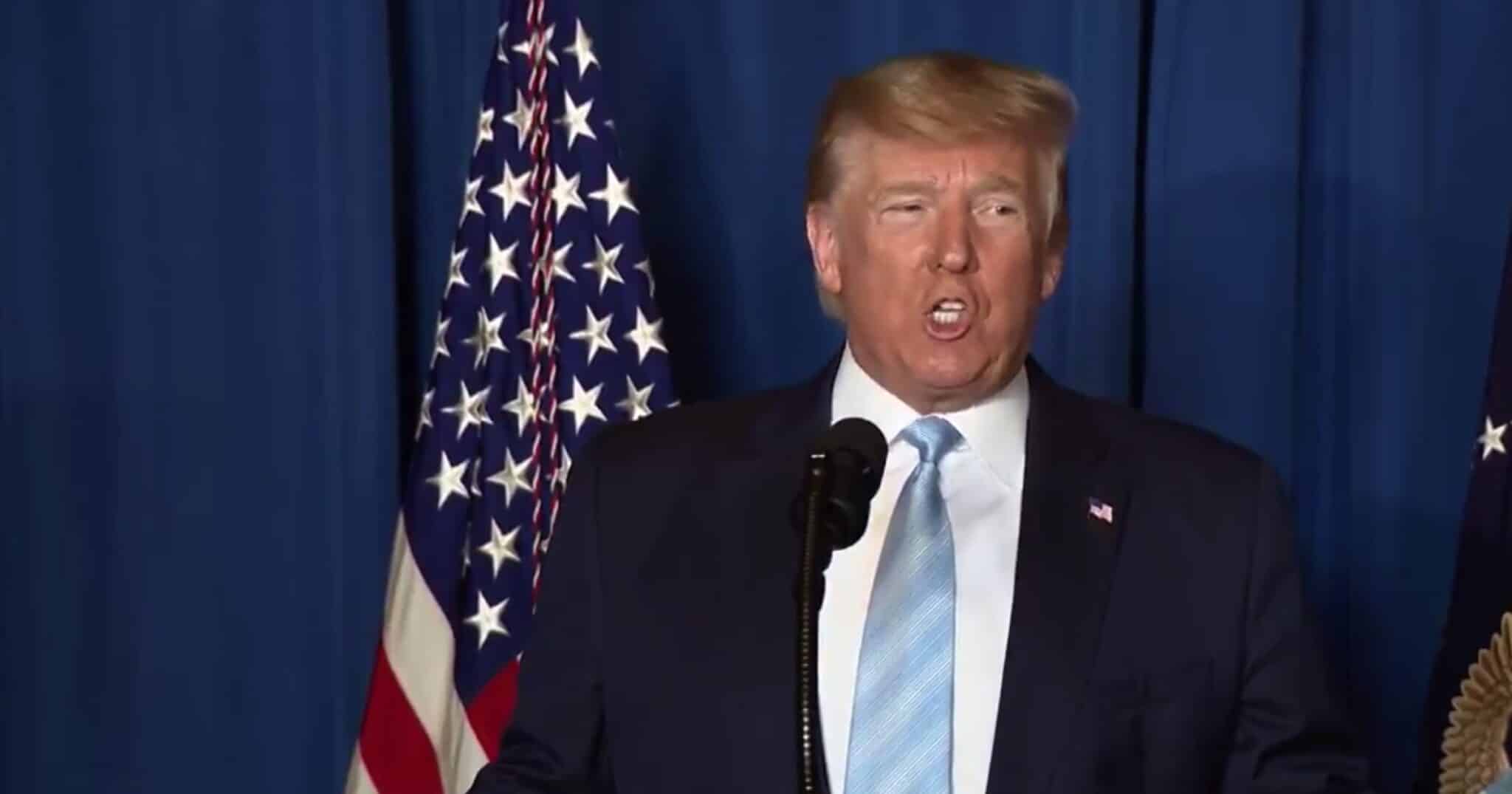
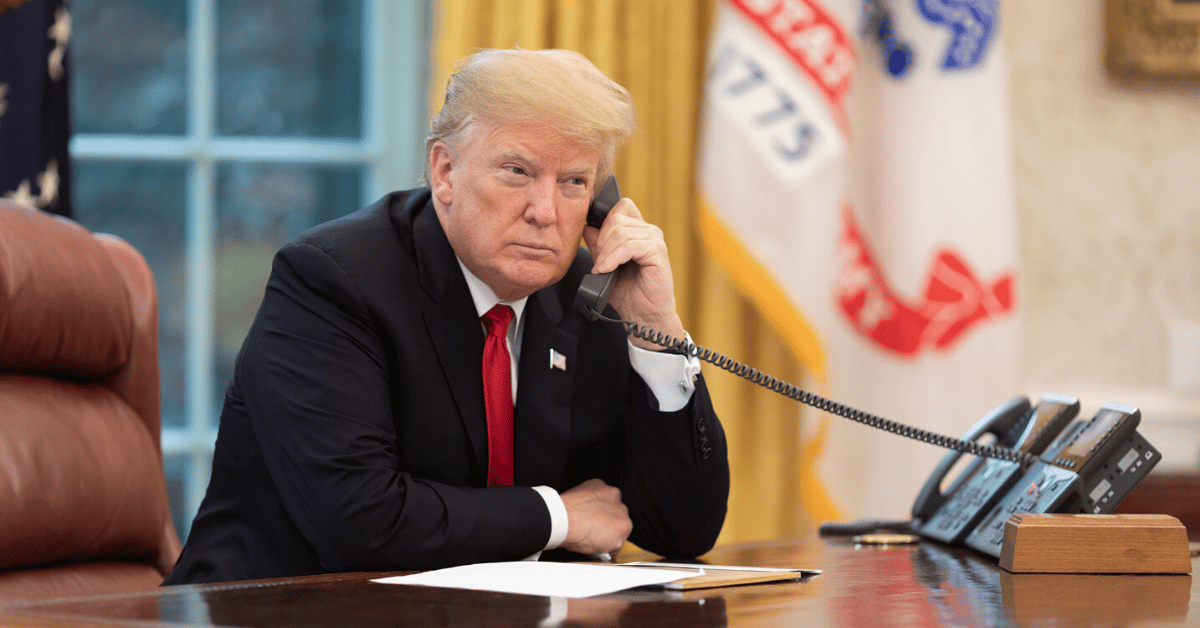

A suspected assassin was captured before he could attack Donald Trump at his Florida golf course.
Fox News reported that the assassin, identified as Ryan Wesley Routh, was thwarted in his attempt to harm former President Donald Trump at the Trump International Golf Club in West Palm Beach, Florida.
The incident began early Sunday morning when Routh equipped himself with a rifle, snacks, and a video camera, setting camp near a tree line historically used by paparazzi.
This spot has been a weakness in the perimeter that the Secret Service was aware of because of paparazzi and now questions are being asked about why this weakness went unaddressed for so long.
He stayed in this location for nearly 12 hours, eyeing the golf course where Trump was playing unannounced.
The situation escalated when a Secret Service agent while patrolling the perimeter, noticed Routh.
The agent promptly engaged, which resulted in Routh fleeing the scene. His presence at such a strategic location raised immediate security concerns, given the area's history of photographers staking out for pictures of VIPs.
Routh was equipped with an SKS rifle with a scope, indicating preparation for a long stakeout. The agent's quick response ensured that the former president remained unharmed, chasing Routh away from the potentially deadly vantage point.
Following Routh's initial encounter with the Secret Service, it became clear that he had been plotting this action for some time. The FBI later confirmed that Routh had been at the location since around 2 a.m. He was finally arrested on Interstate 95 about 45 minutes after fleeing the golf course.
Routh's setup included not just weaponry but also basic sustenance like snacks and food, suggesting he planned a prolonged surveillance. Local authorities have highlighted the need for increased perimeter patrols, especially during unexpected visits by Trump, who was playing golf that day shortly away from his Mar-a-Lago resort.
The large size of the Trump International Golf Club, alongside its proximity to major highways, poses unique security challenges.
This is not the first time individuals have exploited the foliage around the course to obtain a view of Trump. State Attorney Dave Aronberg underscored past breaches that did not result in harm but depicted similar security risks.
"There have been previous individuals who have taken pictures of the former president while he's golfing. They've gone through the shrubs and been able to poke a camera through the fencing," Aronberg noted, highlighting a pattern that could have informed better preventative strategies.
Acting Secret Service Director Ronald Rowe commended the agents' swift action. "What was critical to this was the quick reaction, the response, the hypervigilance of the men and women of the United States Secret Service, who since July 13th have been rising to meet an unprecedented and hyperdynamic threat environment. And they are rising to this moment," he explained during a news briefing.
The Secret Service's response was described as 'textbook' by Rowe, in managing a significant threat swiftly and efficiently, preventing any harm to the former president or bystanders.
Former detective Pat Diaz criticized the security protocol. "They didn’t check the exterior, clearly," said Diaz, addressing potential oversight in security measures like K-9 sweeps along the fence line, which were not conducted prior to Trump's arrival. This echoed concerns about lapses in security that have been flagged previously.
The recurring presence of homeless individuals around the perimeter, and additional instances like the July 13th attack on Trump at a Pennsylvania rally, where assailant Thomas Crooks was visible but still managed to injure Trump and others, suggest systemic issues in security at locations frequented by Trump.
Amid these security concerns, Governor Ron DeSantis has announced a state-level security investigation at the golf course.
Additionally, the FBI had been aware of Routh since 2019 following a tip about his illegal possession of a firearm and his criminal history, which includes a 2002 conviction for possession of a weapon of mass destruction.
These layers of pre-existing knowledge and the recent rapid response combine to shape ongoing strategies for protecting high-profile individuals in semi-public spaces, emphasizing a balance of vigilance and normalcy without infringing on public access.
